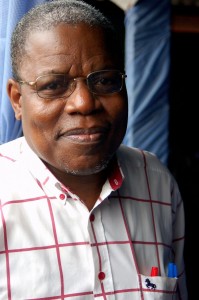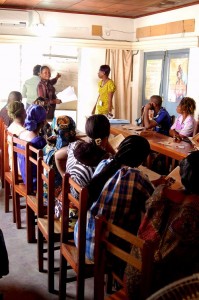
The holiday season is a time filled with warm nostalgia, a flurry of festivities, and a cornucopia of holiday treats. It is also a season for remembering: retelling old family stories, revisiting time-honored traditions, and, as Christians, remembering the birth of our Savior Jesus Christ. Jesus’ birth turned mourning to joy, brought hope amidst despair, and promised freedom from bondage. In His time on earth, Jesus made the poor and forgotten His priority, and He calls His followers to do the same.
In the midst of this hectic holiday season, here are seven simple ways you and your family can respond to God’s call to remember and serve the poor:
- Volunteer at a local food bank, homeless shelter, or other organization focused on serving the poor in your community.
- Get to know the many faces of poverty by reading news stories, articles, or books about the people, places, and challenges surrounding the fight against global poverty.
- Visit HOPE International’s Pathways out of Poverty exhibit in Lancaster, PA – an interactive exhibit that invites visitors to walk alongside the poor – with family, friends, or your church group.
- Forego the extra coffee, movie, or other entertainment purchase and donate the money saved to an organization focused on sustainable solutions to poverty.
- Pray for the poor, both within your own community (they are there!) and around the world, who daily experience the fear, shame, isolation, and physical pain of poverty.
- Eat a simple meal of rice and beans (daily staples for much of the developing world) and use it as an opportunity to facilitate family conversation about poverty.
- Explore what God’s Word reveals about His heart for the poor and His expectations of us in return, praying for your heart to be aligned with His.







 I had the opportunity to interview Pasteur Julien from Centre Chrétienne Néhémie (Nehemiah Christian Center Church) while a reimbursement meeting was taking place in his church.
I had the opportunity to interview Pasteur Julien from Centre Chrétienne Néhémie (Nehemiah Christian Center Church) while a reimbursement meeting was taking place in his church.








